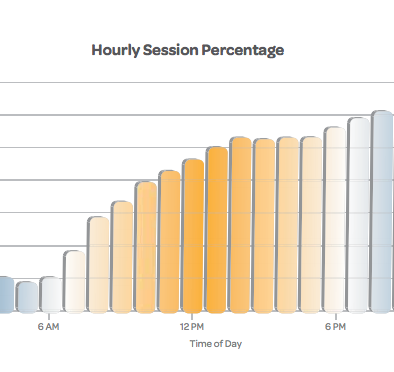The #RLTM Scoreboard: Social Networking Stats for the Week
| Facebook: | 1.19 billion monthly active users | via Facebook | ||
| YouTube | over 1 billion monthly unique users | via YouTube | ||
| Twitter: | over 218 million monthly active users | via Twitter | ||
| Qzone: | 599 million monthly active users | via TechCrunch | ||
| Sina Weibo: | over 500 million users | via The Next Web | ||
| Renren: | over 170 million users | via iResearch iUser Tracker | ||
| VK: | over 230 million registered accounts | via VK | ||
| LinkedIn: | 259 million active users | via LinkedIn | ||
| Google Plus: | 343 million monthly active users | via GlobalWebIndex | ||
| Tumblr: | 166 million blogs | via Tumblr | ||
| Instagram: | 150 million users | via Instagram | ||
| Vine: | 40 million registered users | via Vine | ||
| Tagged: | 20 million unique monthly users | via Tagged | ||
| Foursquare: | 40 million users | via CNET | ||
| Pinterest: | 70 million users | via The Next Web | ||
| Reddit: | 100 million monthly unique visitors | via Reddit | ||
| WhatsApp: | 200 million monthly active users | via TechCrunch | ||
| SnapChat: | ???? | via TechCrunch |
Please email marissa@modernmedia.co if you have additional updates, or a social network that you feel should be on the list.
Employers, Universities Denied Access to Social Media Passwords of Prospective Workers, Students
Should employers or schools be allowed to request social media usernames and passwords from potential students and employees? According to 13 states so far (6 back in 2012, 7 more in 2013), the answer is no.
But for everyone else? The answer is still up in the air, which means employers and universities are free to ask for social media access.
Lawmakers in 25 more states are considering similar legislation (none exists so far in those states), reports USA Today; but without federal laws in place, many potential employees and students have little recourse but to hand over access to their social media accounts when asked. While these requests are usually labeled as ‘optional,’ who wants to lose their coveted spot at a university — or a potential job — by saying no?
What do you think – are these practices invasive or necessary? Would you feel comfortable giving an employer or university access to your social media passwords (or those of your child?)


